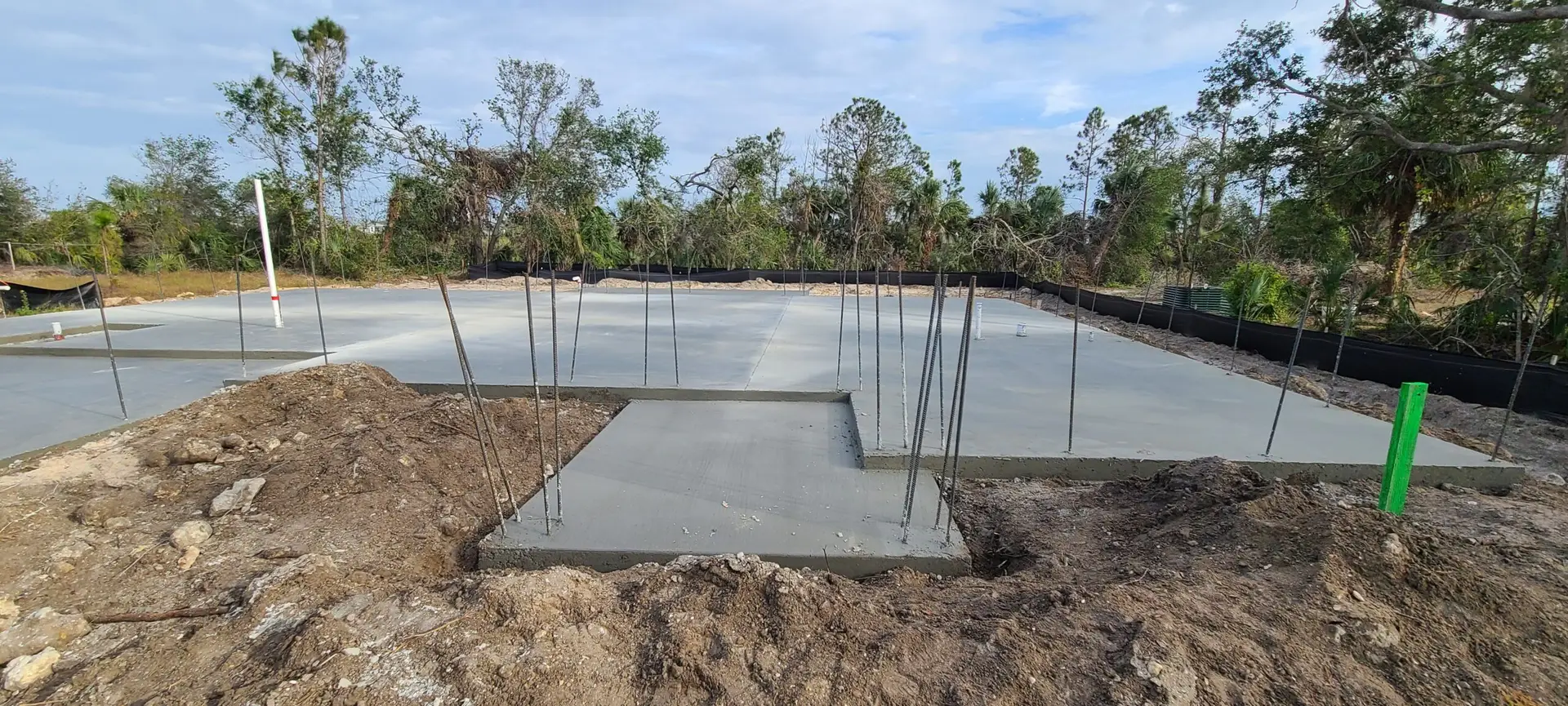escalation clause
what to look for
An escalation clause in a construction contract is a provision that allows for adjustments to the contract price under certain specified conditions. These clauses are typically used to account for increases in the cost of materials, labor, or other factors that may impact the overall cost of a construction project over time. Escalation clauses are designed to protect the contractor from unexpected cost increases that could affect the project’s profitability.

Here's how an escalation clause typically works
Triggering Conditions:
The contract will specify the conditions under which the escalation clause can be triggered. Common triggers include increases in the cost of specific materials (e.g., steel, concrete), changes in labor rates, fluctuations in market prices, or changes in government regulations that impact the project (building code changes).
Adjustment Mechanism:
The clause will outline how the price adjustment will be calculated. This can be based on various factors such as a percentage increase, a specific price index (e.g., the Consumer Price Index), or other agreed-upon metrics.
Notification:
The contractor typically has an obligation to notify the client when the escalation clause is triggered, providing details of the cost increases and proposed adjustments.
Acceptance:
The contract may also specify how the client must respond to the proposed price adjustment. It might require client approval or provide a mechanism for dispute resolution if the parties cannot agree on the adjustment.
Limits:
Some escalation clauses may include limits or caps on how much the contract price can increase to prevent excessive cost inflation.
Escalation clauses are particularly useful in long-term construction projects or projects where there is uncertainty about future cost trends. They help ensure that both parties share the burden of unforeseen cost increases and can help maintain fairness and balance in the contract.
It’s important for both parties to carefully review and negotiate the terms of an escalation clause to ensure that it accurately reflects the specific conditions and risks of the construction project. Additionally, local laws and regulations may impact the enforceability and scope of escalation clauses, so it’s advisable to seek legal counsel when drafting or reviewing such contract provisions.
Escalation Clause and Lenders
An escalation clause in a construction contract can also be relevant to lenders, particularly in the context of project financing. When a construction project is financed by a lender, such as a bank or a financial institution, the terms of the construction contract can impact the lender’s interests and the loan agreement between the borrower (typically the project owner or developer) and the lender. Here’s how lenders and escalation clauses in construction contracts are interconnected:
Risk Assessment:
Lenders are primarily concerned with the financial viability and risk associated with a construction project. An escalation clause can affect the project’s budget and cost projections, which, in turn, can impact the borrower’s ability to repay the loan. Lenders will assess how the escalation clause is structured to understand how potential cost increases will be managed.
Loan Approval:
Lenders may review and approve the terms of the construction contract, including the escalation clause, before disbursing funds to the borrower. They want to ensure that the project is financially feasible and that potential cost overruns are appropriately managed.
Loan Terms:
The terms of the loan agreement between the lender and the borrower may specify how cost increases due to escalation clauses will be treated. For example, it may state whether the borrower is responsible for covering the increased costs or whether the lender is willing to provide additional funds to cover them.
Monitoring:
Lenders may monitor the progress of the construction project and the use of funds to ensure that the borrower is adhering to the contract terms, including any escalation clause provisions. They may require regular reporting and documentation to track project expenses.
Default Risk:
If the borrower encounters significant cost overruns that cannot be managed within the project budget, it could increase the risk of default on the loan. Lenders may include provisions in the loan agreement to address such scenarios, such as requiring the borrower to secure additional financing or collateral.
Monitoring:
Lenders and borrowers may work together to develop strategies for managing the potential impact of escalation clauses. This could include setting aside contingency funds, adjusting the loan amount, or renegotiating the contract terms if necessary.
In summary, lenders have a vested interest in how escalation clauses are structured and managed within construction contracts because they can affect the financial health of the project and the borrower’s ability to repay the loan. Therefore, communication and collaboration between the project owner, contractor, and lender are crucial to ensure that the construction contract, including any escalation clauses, aligns with the financing arrangements and risk mitigation strategies in place for the project.
